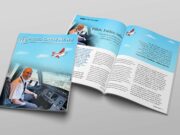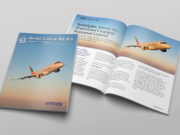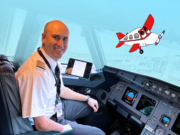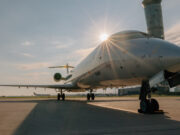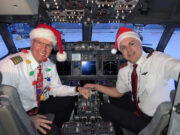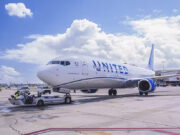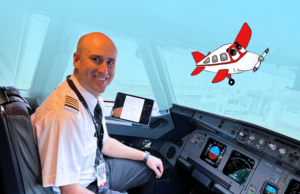The Perspectives column is meant to share insights into the piloting profession, from what goes into the decision to upgrade to understanding the resources available to pilots on the line. Many of these articles are geared toward those who are already learning to fly and moving through the process. This article is meant more for those trying to decide whether aviation right for them. In particular, is flying for an airline what you want? In this article, I am going to write about the pros of flying for an airline and in the next article I will discuss the cons of the field. For those currently flying, I invite you to comment below on what you believe I have missed!
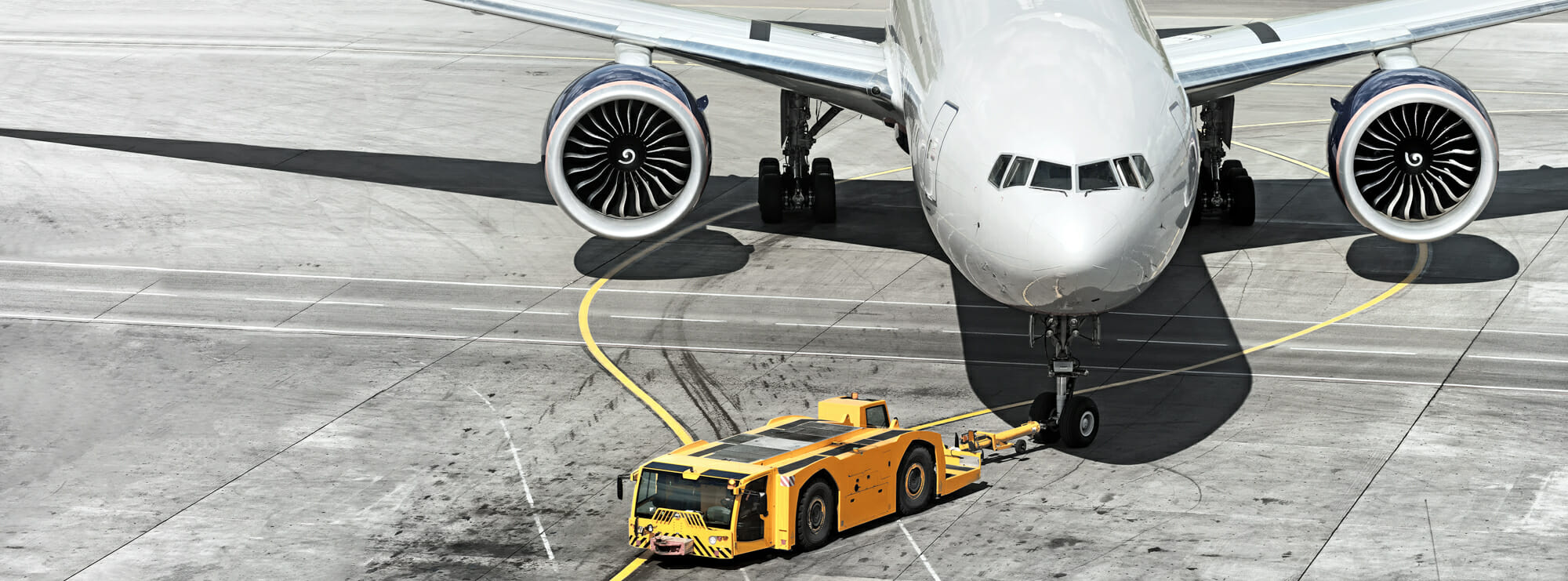
Flexibility
I begin the discussion with the flexibility of working in aviation. Airlines are operating 24/7, around the world. There is no stopping. Therefore, as a pilot for an airline, you can have significant scheduling flexibility relative to other jobs. Whereas most other careers require employees to work a set number of hours per day or week, airline pilots can go days or weeks without working. Three days off per week is fairly common. Pilots have the ability to adjust their schedules dramatically; rather than working during normal business hours, pilots can work weekdays, weekends, nights, mornings, simple out-and-back trips or multiday flights. While there are major constraints to this flexibility – such as the pilot’s relative seniority, the airline business model and the work contract – generally, schedule flexibility is significantly better for airline pilots than other professionals.
Variety
Along similar lines, airline flying can be extremely varied. Even if you fly the same handful of routes on the same aircraft, no two days are the same. Your coworkers, aircraft and the weather change. One day will have clear skies while the next will require deicing. These changes require focus, attention and constant evaluation – challenges that make the day-to-day work exciting. Add in the chance to fly to new airports, switch aircraft or to fly charter flights for football teams, politicians or the DOD and you can find this career extremely stimulating. Additionally, the views out the window can be awe-inspiring. In November alone, I managed to see the White Cliffs of Dover, the Grand Canyon, and countless sunsets. These are unforgettable moments that you cannot find in a standard office.
Benefits and perks
The next major advantage to working for the airlines is not related to the work itself but the benefits. There are two sections to consider: benefits packages and the perks of working under a collective bargaining agreement (CBA). While each airline is different, all airlines share most of these benefits. For starters, pilots at a select few airlines (primarily the cargo carriers) can receive pensions. Additionally, 401(k) packages at most airlines are generous. Immediate vesting is common and carriers typically match 10-16% of contributions. Some airlines don’t even require a match – the airline will contribute 16% of your salary each month, regardless of your contribution. Most non-aviation defined contribution plans offer a match in the 4-5% range, giving pilots a huge retirement perk. The benefits don’t end with the 401(k). Pilots are often eligible for excellent health savings plans, medical benefits, disability and loss of license insurance. These vary widely between airlines, but generally, you can expect excellent healthcare working for an airline. Finally, most people know that airline crew travel for free or for significantly reduced fares. What they don’t recognize is that this benefit extends not only to their own airline, but often to airlines around the world. For instance, employees of American Airlines can fly on other carriers around the world, such as LATAM or British Airways.
Career trajectory
Nearly all airline pilots are unionized, meaning they work under a collective bargaining agreement or CBA. There are two significant advantages to this kind of employment. First, all pilots are assigned a seniority number upon employment. Career advancement is therefor fairly predictable; based on projected growth and retirements, you can see your relative seniority rise and predict career trajectory. For instance, in X numbers of years, you can expect to fly a larger aircraft, and in Y years, you can expect to upgrade to captain. Pilots do not need to receive a promotion to become a captain or switch aircraft types. Rather, all positions are assigned by seniority and passing requisite tests. Additionally, any disciplinary actions are highly formalized as defined in the CBA. These features prevent office politics from taking place in the flight deck. In fact, many career airline pilots go years without speaking to their direct supervisor, the chief pilot.
Domicile flexibility
As a final point, I would like to mention that airlines pilots can live and work anywhere in the world. I have coworkers who live in Germany but work in New York, while others live in Florida or Manhattan. This is known colloquially as commuting. While most pilots don’t recommend commuting long distances over the long term, it should be noted that you can. If you have specific reasons to live in one city (such as family, a working spouse or a small business), you can live and work in two different cities. The unique ability to catch rides on airplanes for free and have contractual protections if you get “bumped” allows many pilots to enjoy the solitude of a house in the woods of North Carolina while working in Chicago or living on the beach in Florida while working in Atlanta.
In my opinion, these are the top perks of being an airline pilot. It cannot be stressed enough that each airline is unique in its specific benefits. If you have any questions about specific airlines or any of the benefits, I recommend finding a mentor in the industry. I personally mentor with the Professional Pilots of Tomorrow, a free-to-join nonprofit that has pilots at every major U.S. airline. PPOT’s mentors help aspiring pilots navigate and understand the nuances of the industry and each airline. Learn more at www.theppot.org.


